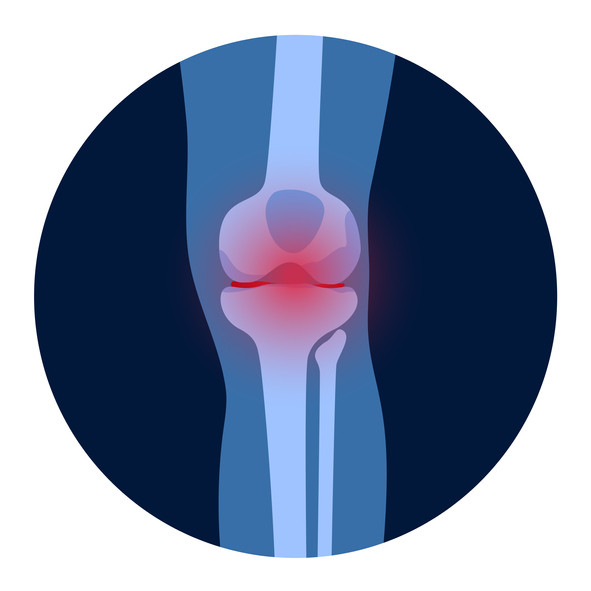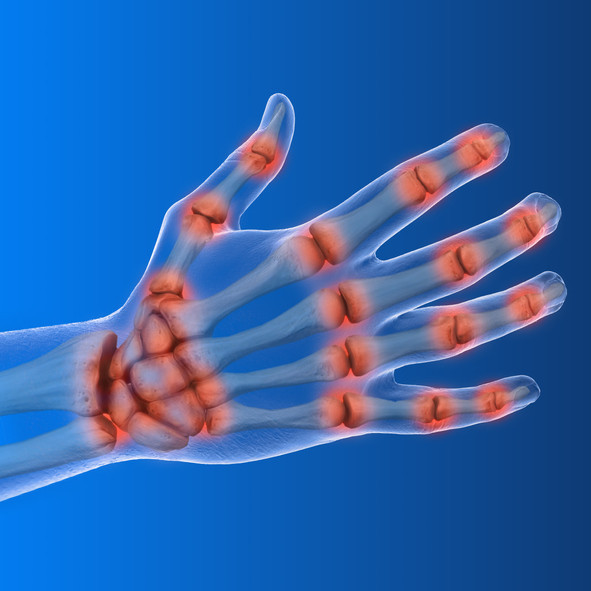
Can white noise really help you sleep better?

Celiac disease: Exploring four myths

What is prostatitis and how is it treated?

What is Cushing syndrome?

Exercises to relieve joint pain

Think your child has ADHD? What your pediatrician can do

Foam roller: Could you benefit from this massage tool?

Stepping up activity if winter slowed you down

Common causes of cloudy urine

Dragon fruit: How to enjoy this antioxidant-rich fruit
Arthritis Archive
Articles
Harvard Health Ad Watch: Can an arthritis drug help you become a morning person?
An ad for an arthritis medication seems to suggest that taking it will alleviate or even eliminate morning stiffness, allowing you to hop out of bed. Like most drug ads, this one has unspoken messages and glosses over questions about side effects and cost.
Can gout be prevented?
Gout, a debilitating form of arthritis, is on the rise compared with rates in prior decades. Obesity is probably a significant factor in this increase. Now, a new study suggests that three-quarters of gout cases in men might be completely avoidable by following certain protective health habits.
The new-old way to treat gout
New guidelines suggest doing more of the same. The problem is that many people don't.
You never forget your first gout attack. The severe pain, swelling, and redness hits hard and fast. The initial attack often strikes your big toe's large joint, but later ones might affect the foot or ankle. Other hot spots include the knees, hands, and wrists.
First-line treatment is quite effective and includes anti-inflammatory medications, ice therapy, and rest. A combination of diet and lifestyle changes and prescription drugs — an approach called urate-lowering therapy, or ULT — is typically recommended if attacks recur or become more severe.
Stopping osteoarthritis: Could recent heart research provide a clue?
Currently no medication can slow the progress of osteoarthritis. And while a reanalysis of a study of people with heart disease suggests a promising approach, more definitive research will be necessary to confirm this.
Are cracking joints a sign of arthritis?
On call
Q. My knees have been cracking for a long time, but lately I've noticed my ankles and elbows sometimes crack and pop. Is this a sign of early arthritis?
A. The good news is that the usual painless joint cracking or popping does not represent an early form of arthritis, nor does it cause joint damage (despite what our mothers told us about cracking our knuckles). The cracking sound appears to come from tendons or muscles moving over the joint or from the popping of nitrogen bubbles normally found in the joint space.
What is chronic inflammation?
Ask the doctor
Q. I have suffered from rheumatoid arthritis for many years, and recently I also developed diabetes. My doctor says they are both related to inflammation. What is inflammation, and how can two such different diseases be connected to it?
A. Inflammation is both an old and a new idea in medicine. Roman physicians 2,000 years ago noted that wounds that were healing and joints that suffered from arthritis (like yours) became red, warm, swollen, and painful. It was like they were on fire: inflammare was the verb for setting on fire. But why did a wound become red, warm, swollen, and painful? They had no idea.
Can home remedies help my sciatica?
Ask the doctors
Q. Is there anything I can do at home to ease sciatica pain?
A. Sciatica is a condition that causes pain that radiates down the buttock and the leg. It occurs when one of the two sciatic nerves in your body, which run from your back down to your toes, is compressed or irritated. Most often the problem is triggered by a ruptured disc or arthritis in the lower spine. This condition can be quite painful, but there are some strategies you can use at home to ease your discomfort.
Harvard Health AdWatch: An arthritis ad in 4 parts
Chronic pain linked to higher risk of heart attack and stroke
Research we're watching
People with chronic pain may be more likely to have a heart attack or stroke than those without chronic pain, according to a study published online May 7, 2020, by the journal Pain Medicine.
From 2001 to 2005, researchers identified 17,614 Taiwanese people who had used pain relievers for at least three months. The most common causes of pain were spinal disorders, arthritis, and headaches; the pain relievers included both over-the-counter drugs and prescription opioids. For the comparison group, researchers used 35,228 people without chronic pain who were matched by age and sex to those in the first group.

Can white noise really help you sleep better?

Celiac disease: Exploring four myths

What is prostatitis and how is it treated?

What is Cushing syndrome?

Exercises to relieve joint pain

Think your child has ADHD? What your pediatrician can do

Foam roller: Could you benefit from this massage tool?

Stepping up activity if winter slowed you down

Common causes of cloudy urine

Dragon fruit: How to enjoy this antioxidant-rich fruit
Free Healthbeat Signup
Get the latest in health news delivered to your inbox!
Sign Up











